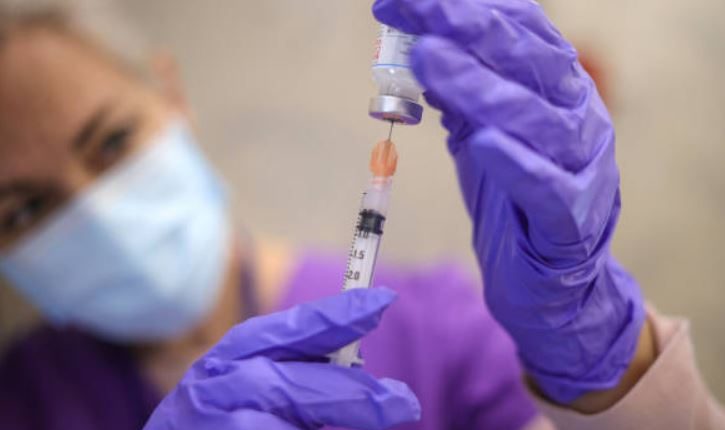
Montana lawmakers find themselves in a heated standoff with the state’s health department over proposed changes to child care licensing rules.
The contentious debate revolves around the inclusion of religious exemptions to routine vaccinations for children and child care workers, sparking concerns from both sides of the aisle.
Navigating Religious Vaccine Exemption in the Midst of Political Tensions
The Children, Families, Health, and Human Services Interim Committee, composed of both Republican and Democratic legislators, has extended their objection to the rules, delaying their adoption until at least March.
At the heart of the disagreement lies a provision within the proposed rules that seeks to extend religious exemptions to routine vaccinations for younger children, a departure from the current policy that allows such exemptions only for school-age children.
This shift has become a focal point of contention, leading to a renewed objection from lawmakers.
Lawmakers express frustration over a perceived lack of communication from health department officials regarding revisions to the proposed rules. Their informal objection prevents the adoption of the rules until March, with the possibility of a formal objection that could further delay implementation until spring 2025.
This delay affects the much-anticipated package of rule changes, leaving child care providers and families in limbo.
Health care advocates emphasize the potential consequences of increased vaccine exemptions, fearing a compromise in community immunity that could result in preventable infectious disease outbreaks.
The proposed rules would also eliminate the current requirement for child care facilities to send unvaccinated children and staff home when someone at the facility contracts a vaccine-preventable disease.
Child care providers express frustration over the delay, noting that the proposed rule changes aim to streamline licensing processes, reduce paperwork, and introduce new licensing types for providers operating outside school hours. The postponement hampers the implementation of changes deemed crucial by both providers and families.
The Montana health department is now evaluating its options in response to the committee’s objection. While an informal objection can be extended for up to six months, the department faces the choice of waiting it out or dealing with a formal objection that would block the rule until spring 2025, allowing lawmakers to address underlying laws.
Read more: Mary Weiss, Shangri-Las Frontwoman, Leaves A Musical Legacy As She Passes At 75
Montana’s Controversial Standoff

The Montana debate is reflective of a broader national conversation surrounding vaccine exemptions. While some states have embraced religious exemptions, others, such as California, New York, Connecticut, and Maine, have opted to remove such policies.
The American Academy of Pediatrics has been a vocal advocate for eliminating nonmedical vaccine exemptions, adding further complexity to the ongoing dialogue.
Moving forward, the Montana health department faces critical decisions on how to respond to the committee’s objection.
The potential consequences of increased vaccine exemptions raise concerns about public health outcomes and the need for a balanced approach that respects individual beliefs while safeguarding community well-being.
In navigating this intricate landscape, it is essential for stakeholders to engage in constructive dialogue, considering the perspectives of both lawmakers and health care advocates.
As Montana grapples with these issues, the rest of the nation watches, recognizing that the outcome may contribute to shaping broader discussions on vaccination policies and religious exemptions in the United States.
The ongoing debate serves as a reminder of the delicate balance required to protect public health while respecting individual freedoms in an ever-evolving landscape of legislative decisions.
Read more: Dexter Scott King, Youngest Son Of Martin Luther King Jr., Passes Away At 62

